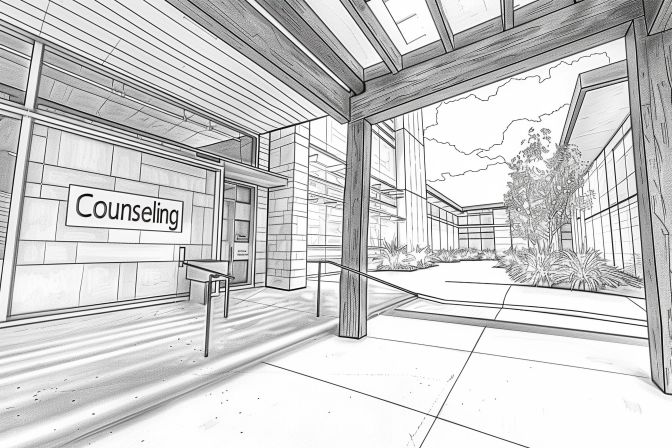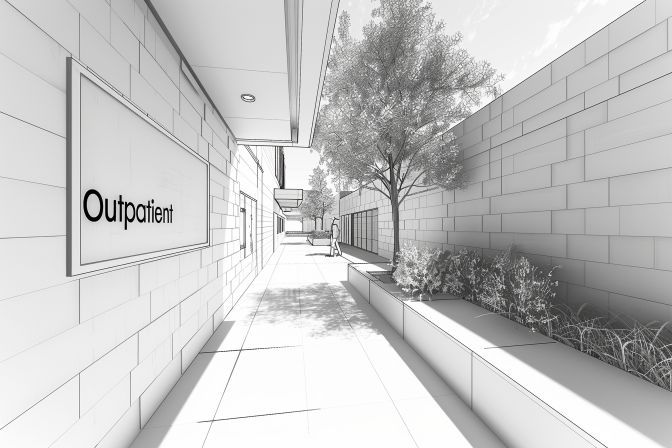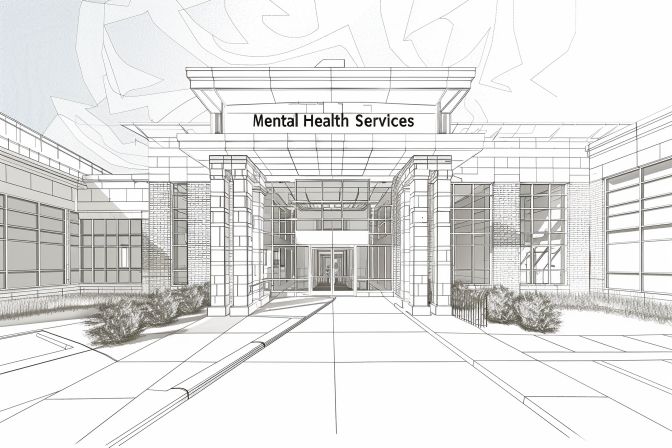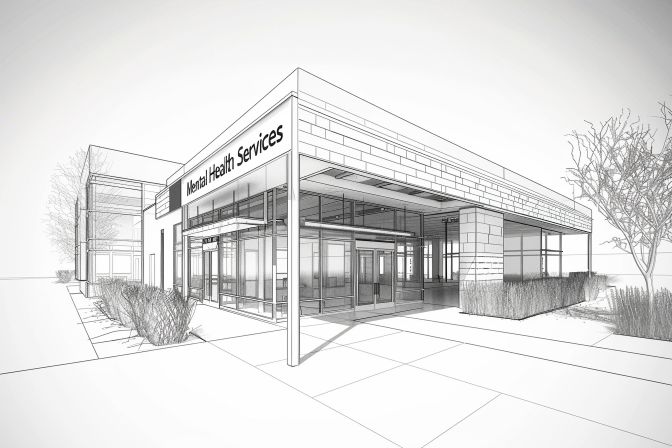Central Arkansas Veterans Healthcare Substance Abuse Treatment
4300 West 7th Street, Little Rock, Pulaski, AR 72205
Insurance accepted
Cash Pay Rate
Central Arkansas Veterans Healthcare is a U.S. Department of Veterans Affairs healthcare organization offering inpatient treatment in Little Rock, AR that caters to adults and young adults seeking help for substance use disorders. This center offers programs for detoxification including brief intervention and motivational interviewing.
MAT
Co-occurring disorder treatment
2 accreditations
4.09/5
About Central Arkansas Veterans Healthcare Substance Abuse Treatment
They accept Federal or government funding, Medicare, Medicaid, Military insurance and private health insurance as forms of payment for services offered and caters to both female and male patients.
This center offers detox treatment including alcohol detoxification, benzodiazepine detox and opioid detox.
This rehab center also holds Commission on Accreditation of Rehabilitation Facilities (CARF) and The Joint Commission accreditations, ensuring they meet the standards required for effective treatment.
Central Arkansas Veterans Healthcare (Little Rock, Arkansas) is rated 4.09 on Recovered’s Trustscore which is based on user reviews and accreditations.
Overview of accreditations


Overview of Services
Age Groups Accepted
Adults, Young adults
Specialization
Detoxification
Message facility
Website
Claim your profile to manage this page and enable the messaging form.
Company Information
501-257-1000
4300 West 7th Street, Little Rock, Pulaski, AR 72205
Occupancy: Call to confirm availability
Rating
Recovered TrustScore: 4.09/5
The Recovered Trustscore for Central Arkansas Veterans Healthcare Substance Abuse Treatment is based on the total amount of key accreditations (2) & publicly available review data online for this rehab center. A Bayesian average is applied to all rehabs to ensure fair visibility. Read here for more info
Treatment Services
Age Range
Medications Used
Services
Setting
Assessment & Testing
Transitional Services & Aftercare
Medication Assisted Treatment Policy
Therapies and Interventions
At This Facility
Counseling/Education Services
Vaccinations Offered
Smoking/vaping policy
Special Services
Hospital Setting
Insurance Policy & Other Considerations
FAQs
Common Questions About Central Arkansas Veterans Healthcare Substance Abuse Treatment
Where are they located?
What types of treatment do they offer?
Do they treat opioid use disorders?
Do they offer recovery support services?
Do they have detox programs?
What counseling or therapy do they offer?
Get confidential help and information via our helpline
Recovered invites user reviews from former attendees, as well as their own loved ones and staff members, for all facilities listed on our site that they have had personal experience with.
We audit user reviews regularly and any instance of spamming or manipulation will result in content being removed. Only one review is permitted per user. Any reviews considered to be abusive, offensive, or fraudulent will be removed.
Treatment Centers Nearby
Calls to numbers marked with (I) symbols will be answered or returned by one of the treatment providers listed in our Terms and Conditions, each of which is a paid advertiser.
In calling the helpline you agree to our Terms and Conditions. We do not receive any fee or commission dependent upon which treatment or provider a caller chooses.
There is no obligation to enter treatment.
Access State-Specific Provider Directories for detailed information on locating licensed service providers and recovery residences in your area.
For any specific questions please email us at info@recovered.org
Insurance Accepted
This center accepts most forms of health insurance. Contact them to find out more or use our insurance verification to check your coverage.
Insurance Accepted
This center may not accept all forms of insurance. contact them to find out more.
We are awaiting cost confirmation from the center owner.
Medication designed to help with withdrawal symptoms and cravings may be offered as part of an addiction treatment program.
Co-occurring disorder treatment.
The Recovered Trustscore for Central Arkansas Veterans Healthcare Substance Abuse Treatment is based on the total amount of key accreditations (2) & publicly available review data online for this rehab center. A Bayesian average is applied to all rehabs to ensure fair visibility. Read here for more info
Accreditation(s) indicate the organization's national, state, or industry recognition for the treatment of substance use disorders and or mental health conditions.













